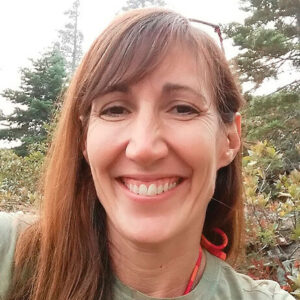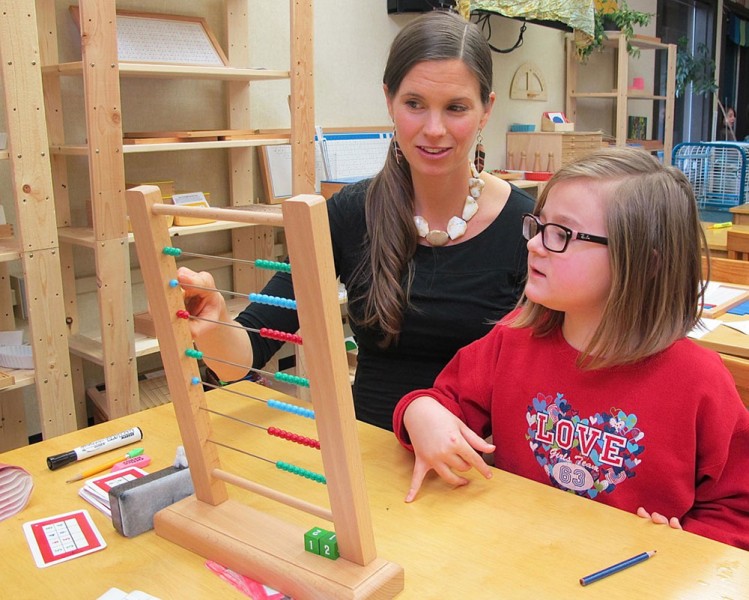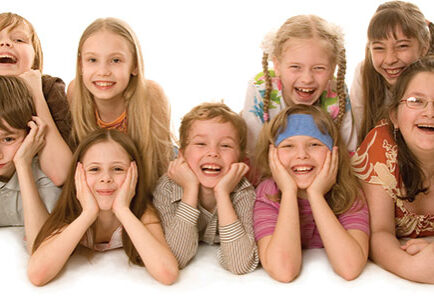Dr. Maria Montessori was an Italian scientist, physician and educator in the early 1900’s. Her philosophy considers children as individuals with unique gifts to be unfolded rather than as blank slates. Her revolutionary ideas changed the way children, schools and education were viewed in many parts of the world.
The Montessori Method allows children to follow their interests and work at their own pace, using learning materials that are hands-on and sensory, designed for purposeful activities that engage children in learning experiences.
From attending an all-male engineering school at the age of 13 to becoming one of the first female doctors in Italy, Montessori was a woman ahead of her time. She began working with special needs children in an era that assumed many were not able to learn. Using scientific methods of observation, Montessori developed learning materials that fostered the children’s natural drive and instincts, and they began to grow and thrive in the environment she created.
Realizing that these methods could work to improve education for all children, Montessori incorporated her ideas into teacher training programs and created schools, curricula and materials that are now used worldwide.
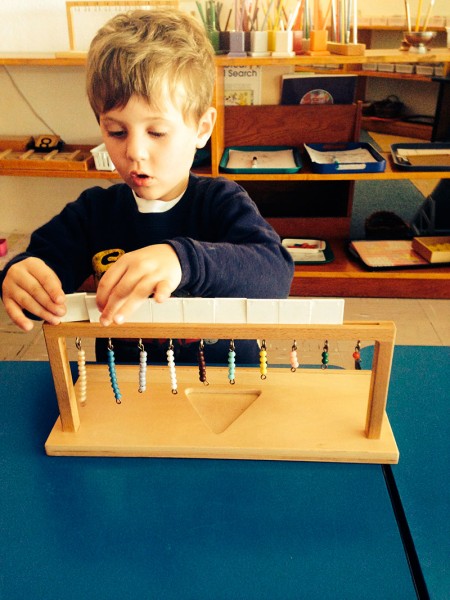

Tom Kaut, director of Montessori Children’s House of Shady Oaks in Redding, says, “Dr. Montessori saw how multi-age classes with a three-year age span optimize children’s social and emotional development in much the same way children benefit from siblings in a family. Today we refer to this as peer learning. The younger children look up to the older children, and the older children take on a leadership role by modeling behavior.”
The schedule of a Montessori school differs from other educational models in that it is based in three-hour work periods without interruptions, allowing a deeper level of concentration and learning to occur. Students are free to take breaks as needed, and are active participants in planning their day. This freedom of choice exists within a structured environment where children learn self-regulation and personal responsibility.
Sonji Drakos, lead teacher at Redding Montessori School, explains, “Montessori encourages children to let their imaginations flourish and guide them on their journey of learning in a natural, joyful state. Children are given the freedom to make their own choices, and the responsibility to make good choices.” Director Michael Van Tinteren adds, “The primary goals of the school are to ensure that children continue to love learning and are internally motivated to succeed within a family-oriented community.”
Cristan Norman, director and lead teacher at Oak Run Elementary School, notes that in a Montessori classroom, character development is considered as important as academics. “Children are empowered to take ownership of their classroom and community in a myriad of ways,” she says.
From democratically and independently running daily class meetings to collaborative problem solving, children take pride in taking care of themselves, their environment and each other. Classroom jobs span every aspect of caring for the school environment, and students are given the tools and skills needed to successfully resolve conflicts independently and peacefully.
Clair B. is the parent of a third-grade student at Oak Run school who has seen the program benefit her own child. “It’s really helped my daughter learn to self-motivate, take responsibility, and schedule her day.” She adds, “The learning materials are wonderful. She loves the gardens and the animals, as well as the cozy community feeling.”
As the parent of a preschooler at Shady Oaks, Sandra C. agrees “I love the materials the children use at school. They feel natural. The classroom doesn’t feel cluttered … there’s a sense of order.”
“The unique environment is one of the first things parents usually notice in a Montessori school,” says Kristy Cowell, owner and director of Sunny Garden Montessori in Chico. “Equally important is the philosophy of observing the child in his environment, and then to interact with the child in a way that supports the child’s needs and desires, rather than simply trying to direct the child.” She adds, “Research shows us that as little as five minutes of daily one-on-one play with your child can help reduce power struggles … that is important to know!”
Yezbick notes that Montessori provides a framework for all stages and developmental tendencies. “Our junior high students like to be outside a lot, connecting with each other and the larger community, learning entrepreneurial skills and real-life applications.”
Kaut adds that since education begins at birth, Montessori also offers support to parents in helping them support their children. “The needs of children from 0 to 3 are much different than children ages 3 to 6. The younger children are absorbing everything they can from their environments and learning how to negotiate and do things for themselves. This is a critical time for language development through direct communication with the adults in their lives. The success or failure to meet the children’s needs in these first few years of life can make a profound difference later,” says Kaut.
“Education is a natural process carried out by the human individual, and is acquired not by listening to words, but by experiences in the environment,” wrote Montessori. The upper North State region is home to a number of Montessori schools and learning environments – contact them to take a tour and learn more about Montessori education.
Posted in: Education
Comment Policy: All viewpoints are welcome, but comments should remain relevant. Personal attacks, profanity, and aggressive behavior are not allowed. No spam, advertising, or promoting of products/services. Please, only use your real name and limit the amount of links submitted in your comment.
You Might Also Like...

Simple Science Experiments: Homemade Lava Lamp
Liquid motion lamps, more commonly known as Lava lamps, are cool things to stare at for hours. Learn to make a simple version (without the cool lights) and learn about […]
Science Fair Projects: Tackling the Challenge of Choosing a Good Research Question
If you are a student, you may have discovered that one of the most challenging parts of the science fair process is choosing a researchable topic that is both relevant […]
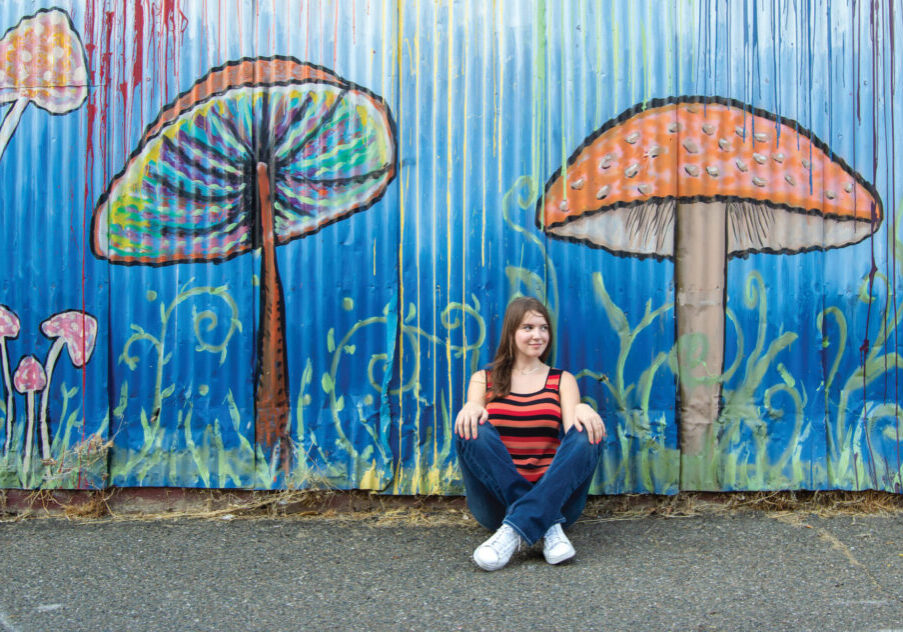
Homeschooling Can Build Confidence and Independence While Accelerating Learning
Imagine a world where you stay in your pajamas all day, finish your school assignments before lunchtime and every day is an out-of-school day. Welcome to my young life! After […]
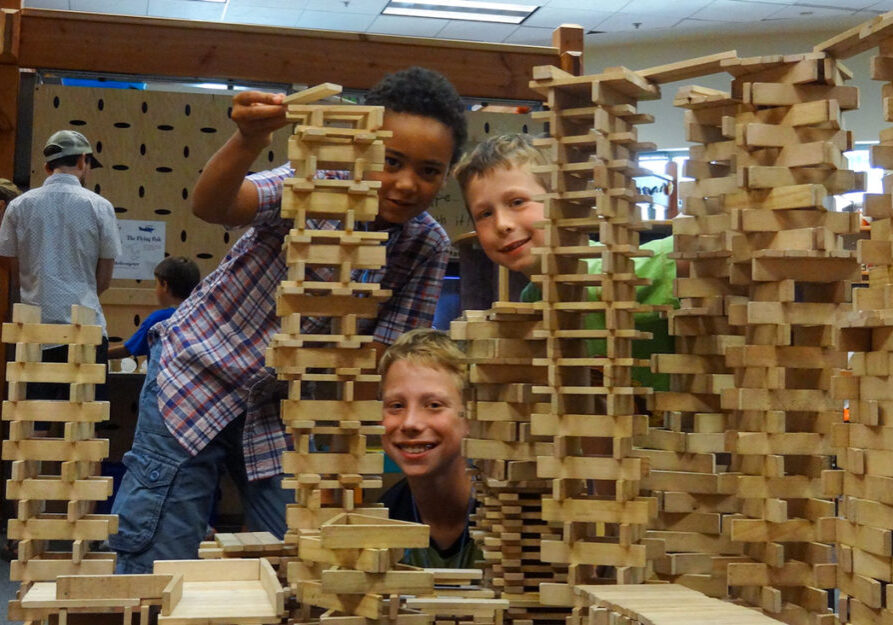
ScienceWorks Hands-On Museum: Science Education for All Ages
ScienceWorks Hands-On Museum inspires wonder and curiosity through science-based inquiry and hands-on activities. Serving the Rogue Valley since 2002, ScienceWorks is dedicated to the highest standards of science education for […]

